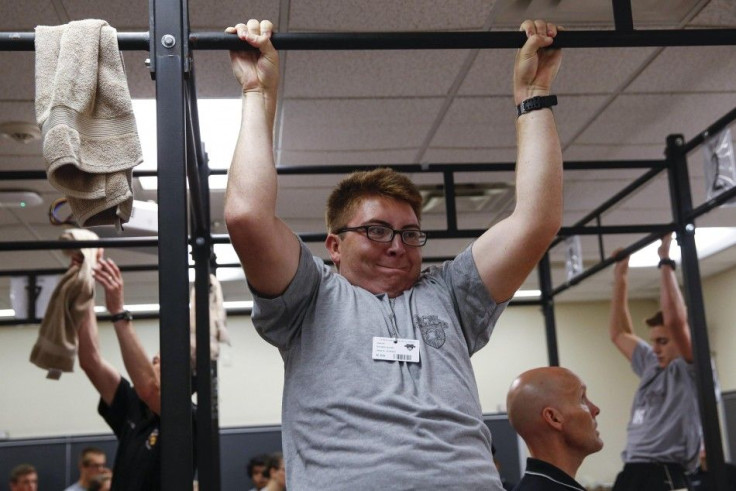4 Research-Backed Ways To Motivate Yourself To Work Out
Irrespective of Whether You Like Your Workout Routine or not, These Strategies Will Motivate You to Wotkout

If you are not able to push yourself to work out, then you need not worry because you are not alone. Some people start working out but eventually stop. While some love exercising, others hate it and are just forced to do it to stay in shape.
Several economists and psychologists have studied why certain people go on doing an activity that they don't even like, and one example of which is exercising. To solve this problem, they formulated the best methods that will make you love working out. By following them, you will notice that you will be inspired to finally get your body moving.
Reward Yourself
If you reward yourself for a workout, it's going to motivate you to sustain it. Losing weight or gaining strength after a workout session can be a reward in itself, but this does not work for everbody. Journalist Charles Duhigg, author of "The Power of Habit: Why We Do What We Do in Life and Business" recommends that a material reward is more motivating. You can treat yourself to some cookies or an episode of "The Leftovers" after your workout session, he suggests.
"An extrinsic reward is so powerful because your brain can latch on to it and make the link that the behaviour is worthwhile," he explains. According to Duhigg, by rewarding yourself, the workout routine itself would become a habit, after which the brain starts associating pain and sweat of a workout to a feel-good emotion. It starts associating the workouts with a surge of endorphins, and soon workout routines would mean rewards and only rewards.
Make a promise
A promise made to yourself may not be something that would motivate you, since you can always break that promise without second thoughts. Researchers have found that a promise made in front of friends is more likely to be followed. If not followed, it could result in embarrassment and that's a cost most people would not want to pay.
It was also found in a study conducted by Goldhaber-Fiebert and his colleagues that people who made long-term online contracts via the site stickk.com worked out for longer periods than those who signed a contract for shorter periods. Fiebert said that recognition of the long-term benefits would help overcome the displeasure that people initially feel during workouts. "The challenge is designing tools to help make that happen."
Stay Optimistic
According to Gabriele Oettingen, Ph.D., psychologist at New York University and author of "Rethinking Positive Thinking: Inside the New Science of Motivation," it's best to imagine about the benefits of a workout than about the pain and hard work involved. Since people often look at the obstacles involved, she suggests that one adopts a problem-solving approach. Imagine the outcome and then think of the obstacles and how to get over it. "Make a plan," advises Oettingen.
In one study, 51 female students who wanted to eat lesser junk food were asked to imagine the benefits of healthier foods, and soon they realized what was stopping them from eating healthy foods. They kept this in mind and made a plan to eat healthy foods whenever they craved for junk.
Monetary rewards are the best motivation
In a study released at the American College of Cardiology's 62nd Annual Scientific Session, researchers at the Mayo Clinic took two groups and gave them a task of losing 4 lbs. per month. One group was given a $20 monetary reward and the other did not receive any rewards. The group that received the reward was also told that if they missed the workout, they had to contribute $20.
It was a yearlong study and researchers found that the group that received rewards lost an average of 9.08 lbs., as compared to 2.34 lbs. that the other group lost.




















